Weekly themes are an effective way to engage and teach preschool students.
By focusing on a specific topic for a week, students can explore a variety of concepts and develop a deeper understanding of the world around them.
These themes can be tailored to the interests of the students or used to introduce new concepts and ideas.
Incorporating a variety of activities that promote cognitive, social, emotional, and physical development can make learning fun and engaging for young learners.
Now, we will explore interactive activity ideas on weekly themes for preschool students.
Alphabet Hunt:
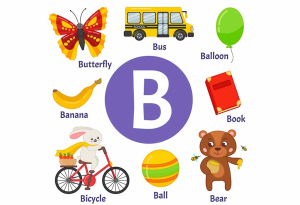
This activity is perfect for teaching students about letters and their sounds. Choose a letter of the week and have students search for items around the classroom that start with that letter.
For example, if the letter is “B,” students can find a ball, a book, a bear, etc. This activity helps students develop cognitive and language skills.
Number Match:
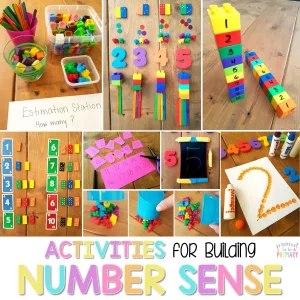
Choose a number of the week and have students find objects around the classroom that correspond to that number.
For example, if the number is “3,” students can find three blocks, three crayons, three chairs, etc. This activity helps students develop cognitive and math skills.
Related: 20 Fun Games Like Red Light Green Light
Sensory Bins:
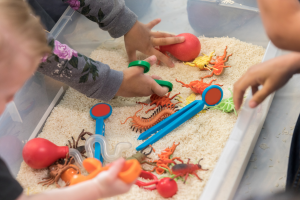
Sensory bins are a great way to engage students in hands-on learning. Create a sensory bin related to the weekly theme, such as a beach-themed bin or a farm-themed bin.
Students can explore the bin using their senses and learn about the theme in a fun and interactive way. This activity helps students develop cognitive and sensory skills.
Music and Movement:
Use music and movement to teach students about the weekly theme.
For example, if the theme is “jungle animals,” play music that mimics the sounds of the jungle and has students move like different animals. This activity helps students develop physical and social skills.
Art Projects:
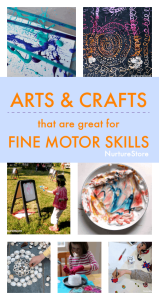
Art projects are a fun way to promote creativity and fine motor skills.
Choose art projects related to the weekly theme, such as making paper plate animals or creating a beach scene with paint and sand. This activity helps students develop cognitive and artistic skills.
Cooking Projects:
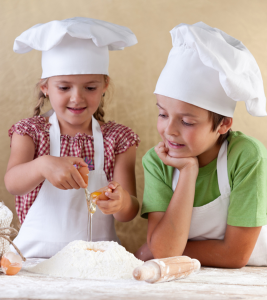
Cooking projects are a great way to teach students about nutrition and following directions.
Choose recipes related to the weekly theme, such as making fruit salad for a “healthy eating” theme or making banana bread for a “baking” theme. This activity helps students develop cognitive and life skills.
Dramatic Play:
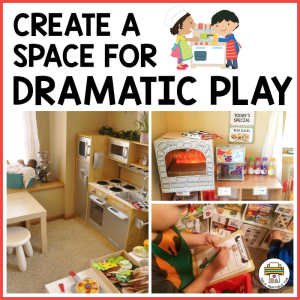
Dramatic play is a great way to promote social and emotional development.
Set up a dramatic play area related to the weekly theme, such as a doctor’s office for a “health” theme or a construction site for a “building” theme. This activity helps students develop social and emotional skills.
Science Experiments:

Science experiments are a great way to teach students about the world around them.
Choose experiments related to the weekly theme, such as making a volcano for a “science” theme or growing plants for a “nature” theme. This activity helps students develop cognitive and scientific skills.
Story Time:
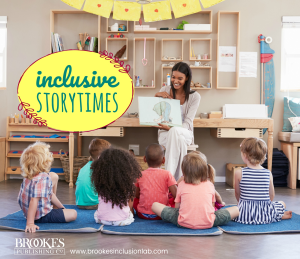
Reading aloud to students is a great way to promote language development and literacy skills.
Choose books related to the weekly theme, such as “The Very Hungry Caterpillar” for a “bugs” theme or “The Three Little Pigs” for a “building” theme. This activity helps students develop cognitive and language skills.
Outdoor Exploration:
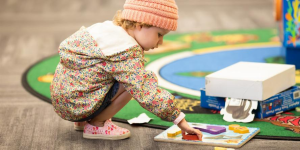
Outdoor exploration is a great way to promote physical and cognitive development.
Take students on a nature walk related to the weekly theme, such as exploring the beach for a “beach” theme or visiting a farm for a “farm” theme. This activity helps students develop physical and cognitive skills.
Transportation:
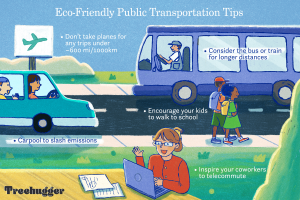
Encourage students to explore different types of transportation, such as cars, planes, and boats.
Provide toy vehicles for them to play with, and create a transportation-themed sensory bin with sand, water, and toy boats. Take a field trip to a nearby airport or train station.
Community Helpers:
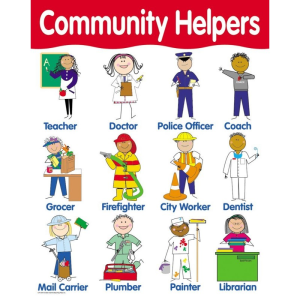
Teach students about different community helpers, such as firefighters, police officers, and doctors.
Invite community helpers to speak with the class, and encourage students to dress up as their favorite community helpers. Create a dramatic play area with props related to community helpers.
Space:
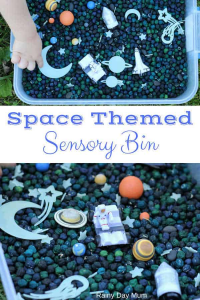
Introduce students to the concept of space and the solar system. Create a space-themed sensory bin with black beans, stars, and toy planets.
Make a “rocket” out of cardboard boxes, and encourage students to “blast off” into space. Read books about space and watch videos of space launches.
Weather:
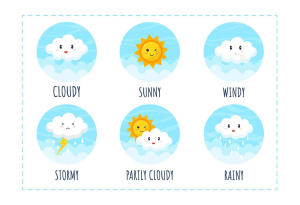
Help students learn about different types of weather, such as rain, snow, and sunshine. Create a weather chart and have students track the weather each day.
Make rain sticks and snowflakes as crafts. Use a weather app to check the forecast and plan outdoor activities accordingly.
Dinosaurs:
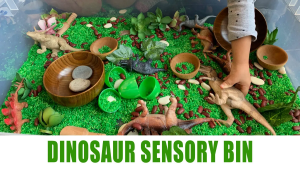
Teach students about different types of dinosaurs and what they ate. Create a dinosaur-themed sensory bin with rocks, bones, and toy dinosaurs.
Make dinosaur footprints with paint or clay. Visit a nearby museum or exhibit with dinosaur skeletons.
Ocean:
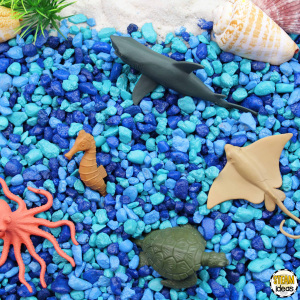
Encourage students to learn about different sea creatures, such as whales, sharks, and dolphins. Create an ocean-themed sensory bin with sand, shells, and toy sea creatures.
Use blue and green paint to create an ocean mural. Read books about the ocean and watch videos of sea creatures.
Healthy Eating:
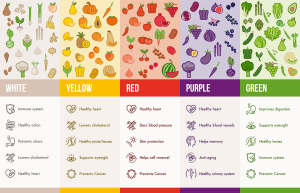
Teach students about the importance of eating healthy foods. Create a healthy eating chart and have students track what they eat each day.
Make healthy snacks, such as fruit kabobs or vegetable dip. Invite a nutritionist to speak with the class.
Seasons:
Help students learn about the four seasons and what makes them different. Create a seasonal sensory bin with leaves, flowers, and other seasonal items.
Make seasonal crafts, such as paper snowflakes or leaf rubbings. Take a walk outside to observe the changes in nature.
Farm:
Teach students about different farm animals and what they produce, such as eggs and milk. Create a farm-themed sensory bin with hay, toy animals, and vegetables.
Visit a nearby farm to see the animals and learn about how farms work. Make butter or ice cream as a fun farm-related activity.
Holidays Around the World:
Introduce students to different holidays celebrated around the world, such as Christmas, Diwali, and Hanukkah.
Read books about each holiday and create crafts related to each one. Invite students to share how their families celebrate holidays at home.
Related: Small Group Activities for Preschoolers
Conclusion
In conclusion, weekly themes for preschool are an excellent way to introduce new concepts and engage young learners.
By incorporating a variety of activities that promote cognitive, social, emotional, and physical development, teachers can create a fun and engaging learning environment that fosters curiosity and creativity.
With these effective activity ideas, preschoolers can develop a deeper understanding of the world around them and cultivate a love of learning that will last a lifetime.


